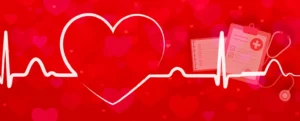Sprains and strains
If you sprain or strain a muscle, ligament, tendon or joint—even if it doesn’t hurt much—you should go to your doctor. If you don’t get treatment for small injuries like these, they can lead to other problems down the road. Signs that a small injury might be developing into something bigger include pain at night or when you use an injured body part and swelling that lasts longer than two days. Non-surgical: Going to your primary care doctor for non-surgical medical conditions means being seen within hours by someone who knows your medical history and can prescribe medication and direct you on how best to manage your condition in between visits.
If you’ve torn a ligament or suffered a bone fracture, it’s important to see a doctor for proper diagnosis and treatment. You may be able to treat minor sprains and strains at home, but if there is an open wound or joint dislocation, it’s best to get treatment from a medical professional. As such, if you notice swelling in any of your joints or extreme pain, don’t ignore these signs — go immediately to your nearest emergency room for treatment. In some cases you may be referred to an orthopedic specialist.
In most cases, you can treat minor sprains and strains at home. To ease your pain, wrap an elastic bandage (or ace bandage) around your injured joint. The pressure may help reduce swelling. Take over-the-counter medicine for pain relief, and apply ice wrapped in a towel for 20 minutes at a time several times throughout the day. Avoid taking anti-inflammatory medication like ibuprofen or naproxen because they can cause bleeding in high doses. For injuries caused by sports or other vigorous activity, it’s important to take time off from that activity to give your body time to heal fully—even if you don’t have any signs of injury after you stop playing.




